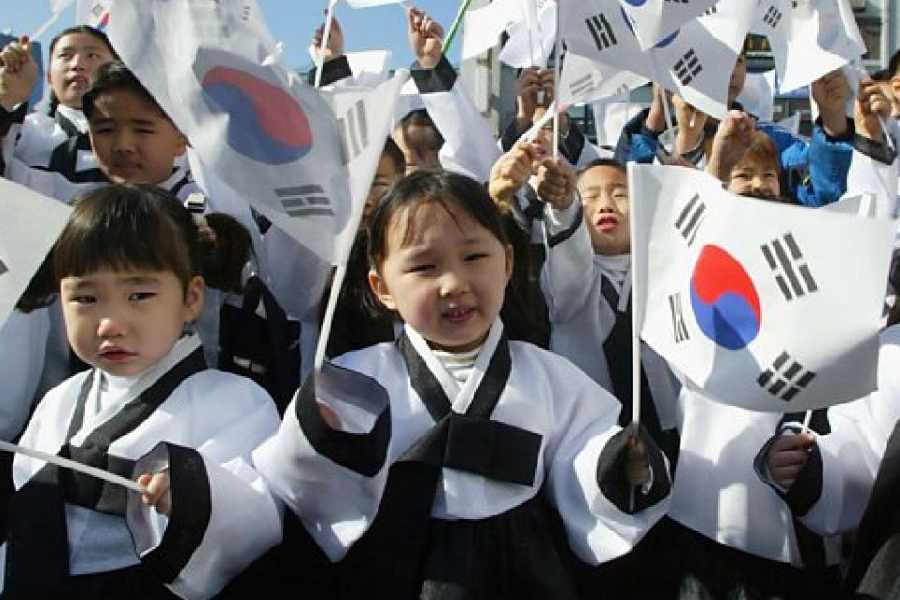For the first time in almost a decade, South Koreans are having more babies.
The 3.6 per cent rise recorded in births last year — the first since 2015 — offered a sliver of hope to government officials who have been rolling out greater parental leave and other benefits to try to increase the world’s lowest birthrate.
The jump follows an increased number of marriages in the past few years, partly because many weddings were postponed during the Covid-19 pandemic. In South Korea, people almost always marry before having a child.
The turnaround in the birthrate indicates a “change in social value, with more positive attitudes towards marriage and having children,” Park Hyun-jung, an official from the government’s statistic agency, said in a briefing.
Some 238,300 babies were born last year, an increase of 8,300 from 2023, according to a preliminary report released on Wednesday by the agency. Whether the rise is a blip or the beginning of a trend remains to be seen. “This is welcome news,” said Seulki Choi, a professor of demographics and sociology from the KDI School of Public Policy and Management in Sejong City.
New York Times News Service










